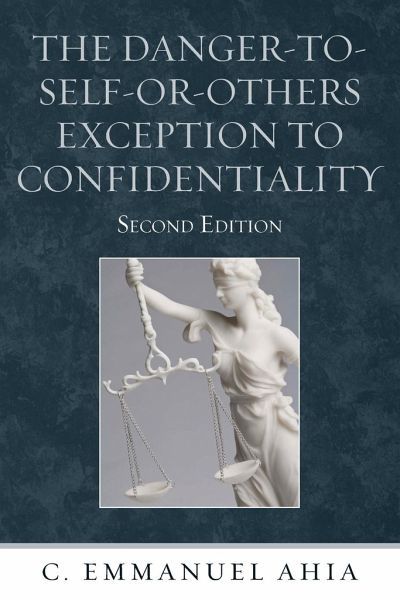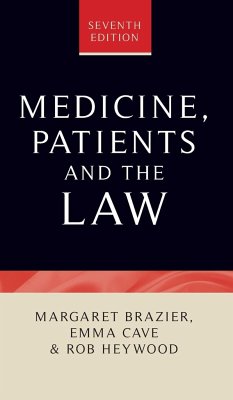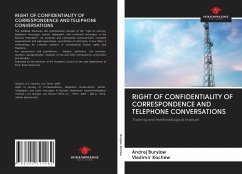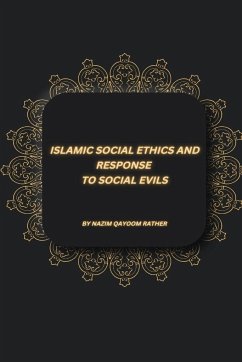
Danger-to-Self-or-Others Exception to Confidentiality
Versandkostenfrei!
Versandfertig in 1-2 Wochen
36,99 €
inkl. MwSt.

PAYBACK Punkte
18 °P sammeln!
This book will help practicing mental health professionals understand the sometimes intricate responsibility of breaching clinical confidentiality when clients become dangerous to themselves or others. It examines the basis for clinical confidentiality, presents methods for the evaluation of client dangerousness, and proposes legally and ethically permissible methods to breach confidentiality.












